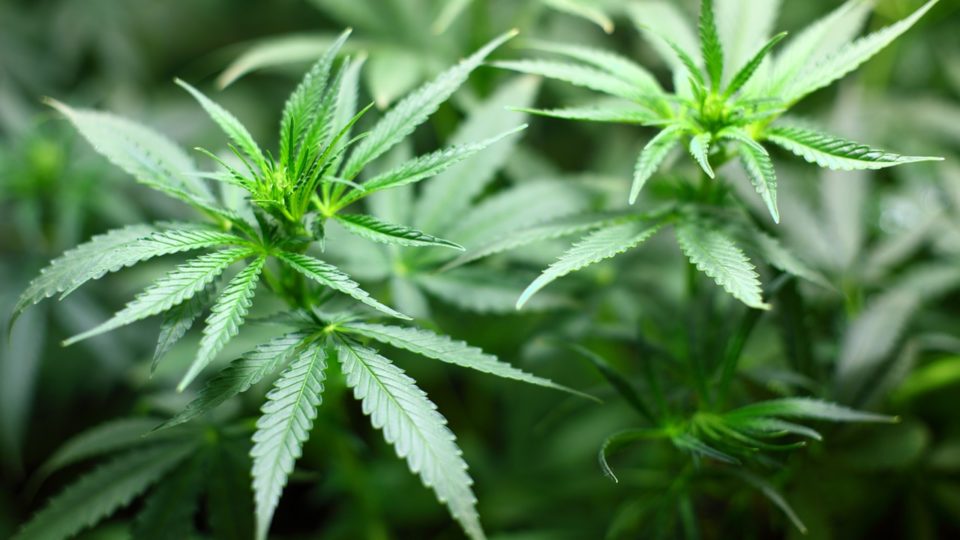
High-ly potential commodity? Lawmaker from conservative PKS party suggests Jokowi administration should export marijuana
by Coconuts JakartaMight we be looking at the dawn of weed legalization in Indonesia?
Marijuana or ganja has always been a controversial topic in Indonesia, as it’s still included in the list of illegal narcotics in the country’s notoriously harsh drug laws. However, in what could be a surprise turn, a lawmaker from one of the country’s prominent Islamic parties has a pretty high stake idea for a new export commodity.
Rafli, a politician from the Islam-based Prosperous Justice Party (PKS) and a member of Commission VI in the House of Representatives (DPR) — which oversees trade, investment, and state-owned enterprises affairs, among other things — suggested to Trade Minister Agus Suparmanto that President Joko Widodo should legalize weed during a meeting yesterday.
Rafli is of the opinion that marijuana is highly potential (pun intended) in becoming Indonesia’s new export commodity.
“Marijuana can be used for pharmaceutical needs, for anything, don’t be so stiff, we have to think dynamically. Cannabis grows easily in Aceh,” Rafli said, as quoted by CNN Indonesia.
Rafli, who represents Aceh, also said the government should see the potential market abroad, while offering his support in the process, including to find the land to grow cannabis.
Though Aceh is best known for being the only province in Indonesia with special autonomy to explicitly enact and enforce sharia-based law, it is also known as being one of the largest marijuana producers in the country (ganja having been commonly used as a cooking ingredient in the region long before it was classified as an illegal narcotic).
“So, marijuana is a global conspiracy, [they] created [a narrative] as if it is the most dangerous substance. Other narcotics are placed after. However, the ones who are the most deranged and crazy in prisons aren’t the ones who [used] cannabis,” he continued.
Minister Agus said he will conduct research about ganja’s potential, though noted that the substance is of course still prohibited according to Indonesian law.
Back in December, the National Narcotics Agency (BNN) said there were 3.6 million drug users in Indonesia throughout 2019, up 0.03 percent from the previous year.
Of those drug users, BNN says the highest proportion is marijuana use, at 63 percent. The agency said they are working to combat the spread of illegal narcotics in Indonesia.
The possibility of Rafli’s suggestion becoming a reality inevitably reminds us of Fidelis Arie Sudewarto, an Indonesian man who was sentenced to eight months in prison for growing marijuana used to treat his dying wife. Though Fidelis’ final sentence was still harsher than what his supporters or even the prosecution had hoped for, it could still be considered a merciful one as Indonesia’s notoriously harsh drug laws carry a maximum charge of a life sentence.
At the time, the sympathy and support Fidelis earned throughout his case seemed like a possibility to at least start a discussion on legalizing medical marijuana in the country, in the hopes that others like Fidelis’ wife need not suffer in the future. If Indonesia were to actually start exporting weed abroad, that discussion might just become more of a reality.
Executing drug traffickers, for which Indonesia has been criticized internationally, has been criticized as an ineffective measure. In recent years, the executions to battle what the government describes as Indonesia’s growing “drug emergency” seems to have done nothing to stop the increasing number of drug users in the country (according to the government’s own data). Many experts argue that the real problem is in fact the rampant corruption in Indonesia’s prisons, legal system, and law enforcement agencies.